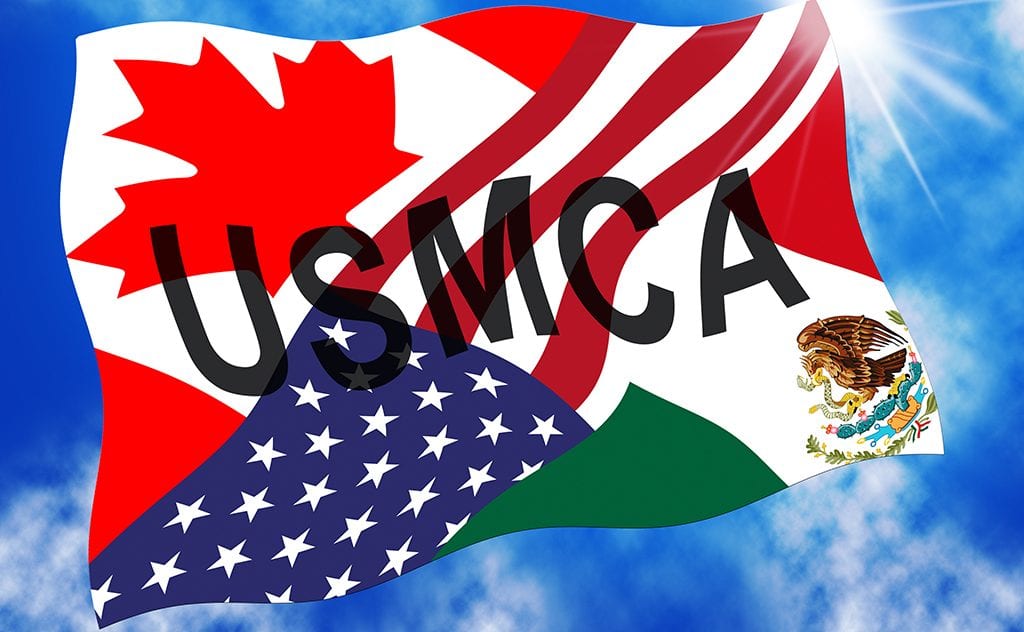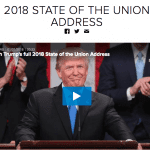
Hopes were high coming into November that the Trump Administration and House Democrats would strike a deal on the renegotiated NAFTA, or United States-Mexico-Canada (USMCA), agreement, but it appears that more time is needed, at least that’s what AFL-CIO President Richard Trumka and other labor leaders say. The main sticking points include questions surrounding Mexico’s commitment to labor reform and compliance enforcement issues.
“Many House Democrats will not support USMCA without the political support of leading labor unions like AFL-CIO,” said Alice Gomez, a lobbyist for the Society of American Florists and an expert on trade issues. “The Office of the U.S. Trade Representative staff and staff representing Members of Congress are using this week’s district work period to meet with the AFL-CIO and other labor groups in attempt to reach a compromise on outstanding issues.”
In June, House Democrats formed a working group to negotiate with the Trump Administration on changes to USMCA. Four issues of focus for House Democrats are (1) overall enforcement mechanisms to ensure Mexico and Canada comply with obligations; (2) labor rules; (3) environmental rules; and (4) access to affordable medicine
Many are hoping for a vote on USMCA before the end of the year, if not before Thanksgiving, to avoid the broader politics of the 2020 election season, when political leaders, including Members of Congress, are more focused on re-election than potentially controversial trade votes.
“All three countries that are party to NAFTA have to sign off on the changes in the renegotiated deal,” explained Gomez. “Mexico acted earlier this year to ratify USMCA. Depending on the extent of the changes to the agreement negotiated between the Trump administration and House Democrats, it is likely that Mexico will need to re-ratify. As for Canada, the country was waiting to get past October elections before taking steps to ratify.”
Canadian Prime Minister Justin Trudeau’s narrow victory means there is still enough support in the Canadian Parliament to ratify the deal. House Ways and Means Chairman Richard Neal (D-Massachusetts), who leads congressional consideration of USMCA, announced plans to travel to Ottawa this week to meet Trudeau to discuss USMCA. This follows a trip he made earlier in October to Mexico to secure that country’s commitment to carrying out the deal.
In addition, Mexican President Lopez Obrador wrote to Congress, pledging the necessary funding to implement Mexico’s labor commitments under USMCA, a commitment to the collective bargaining process and an increase in the country’s minimum wage.
SAF has played a role in communicating with government officials and advocating for industry issues related to USMCA.
SAF also encouraged USTR to work with USDA’s Foreign Agricultural Service and the relevant Canadian and Mexican counterpart agencies to include within NAFTA science-based sanitary and phytosanitary (SPS) standards to protect domestic producers from new and invasive pests. SAF urged USTR to “ensure that the negotiations result in transparent SPS provisions that do not create nontariff trade barriers.”
Look for continued coverage of the deal and how it affects the floral industry in future SAF publications.
Mary Westbrook is the editor in chief of Floral Management magazine.



